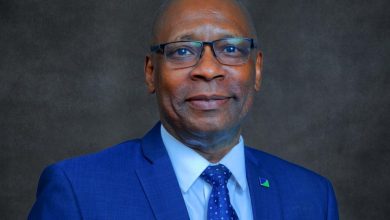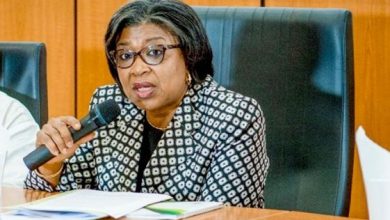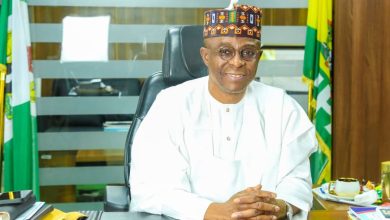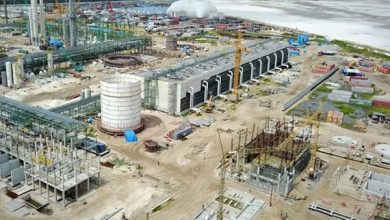Nigeria Unveils ASIF Investment Platform to Accelerate Infrastructure and Economic Growth Across Africa
Nigeria has unveiled a bold investment platform set to drive infrastructure and economic growth.
Launched in Abuja, it aims to attract global capital into key sectors across Africa.
In a strategic push to reshape Africa’s development landscape, the Federal Government of Nigeria has launched the ASIF Investment Platform, a bold initiative aimed at facilitating large-scale investments in infrastructure, clean energy, manufacturing, and healthcare sectors across the continent.
The launch was formally announced during the 4th Annual Meeting of the Africa Sovereign Investors Forum (ASIF) held in Abuja, marking a significant milestone in Nigeria’s commitment to regional economic leadership.
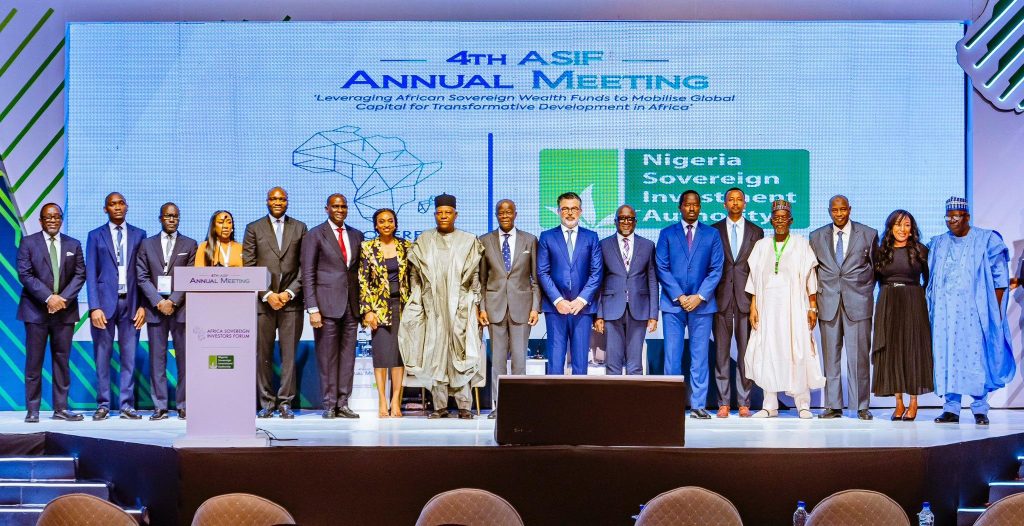
This platform is poised to attract both domestic and international capital into high-impact, cross-border projects, to drive sustainable development and deepen economic integration across African nations.
De-risking mega projects for global investment
At the heart of the ASIF Investment Platform is the ambition to de-risk large-scale infrastructure ventures, which are often hindered by financing concerns and complex risk profiles. The platform is designed to create a more investment-friendly environment by mitigating these risks and anchoring blended financing models that unite public and private sector interests.
It also promotes investor-led growth, encouraging the private sector to play an active role in Africa’s economic transformation through collaborative frameworks and regionally integrated investment structures.
Harnessing the power of sovereign wealth funds
Speaking at the launch, Aminu Umar-Sadiq, Managing Director and CEO of the Nigeria Sovereign Investment Authority (NSIA), emphasized the immense potential of sovereign wealth funds across Africa in catalyzing structural change.
“By pooling our resources and aligning our strategies, African sovereign wealth funds can act as a powerful engine for inclusive growth, economic stability, and long-term prosperity,” Umar-Sadiq stated.
The ASIF platform will leverage these funds to fuel projects that create jobs, build resilient infrastructure, and unlock new opportunities across the continent.
Nigeria reaffirms commitment to African economic integration
President Bola Ahmed Tinubu, represented at the event by Vice President Kashim Shettima, reaffirmed Nigeria’s commitment to regional cooperation and transformative reforms. He noted that initiatives like ASIF reflect Nigeria’s resolve to lead Africa’s industrial and infrastructural awakening.
“Collective action is essential,” Tinubu’s message read. “For Africa to thrive, we must collaborate across borders, share knowledge, and pool resources to build an economic future that serves all Africans.”
Financing models that work
Nigeria’s Minister of Finance and Coordinating Minister of the Economy, Wale Edun, spotlighted several groundbreaking financing models backed by the NSIA. These include the Chapel Hill Denham Nigerian Infrastructure Debt Fund, the Green Guarantee Company, and the US-dollar-denominated domestic bond issuance, all of which demonstrate Nigeria’s capacity for creative, resilient, and scalable investment frameworks.
Edun stressed that Africa must take ownership of its industrialization by mobilizing internal capital while working with credible international partners.
“Performance must replace potential,” he declared. “With platforms like ASIF, we’re moving from vision to execution.”
Climate and impact finance in focus
Edun also highlighted Nigeria’s role in spearheading climate finance innovations. The Green Guarantee Company, co-created with the Green Climate Fund, the UK Foreign, Commonwealth and Development Office (FCDO), and USAID, is the world’s first climate-focused guarantee institution. It has already unlocked over $1 billion in guarantees for sustainable, climate-aligned projects.
Furthermore, Edun referenced international collaborations such as the World Bank’s 300 Initiative, developed in partnership with Africa50, the International Solar Alliance, and the UN Sustainable Energy for All, which seek to channel critical funding into underserved communities through decentralized renewable energy systems.
As Nigeria leads the charge with the ASIF Investment Platform, the continent stands to benefit from a wave of well-structured investments that prioritize resilience, sustainability, and inclusive growth. With the groundwork laid, the focus now shifts to implementation and results, turning promise into tangible progress for Africa.
